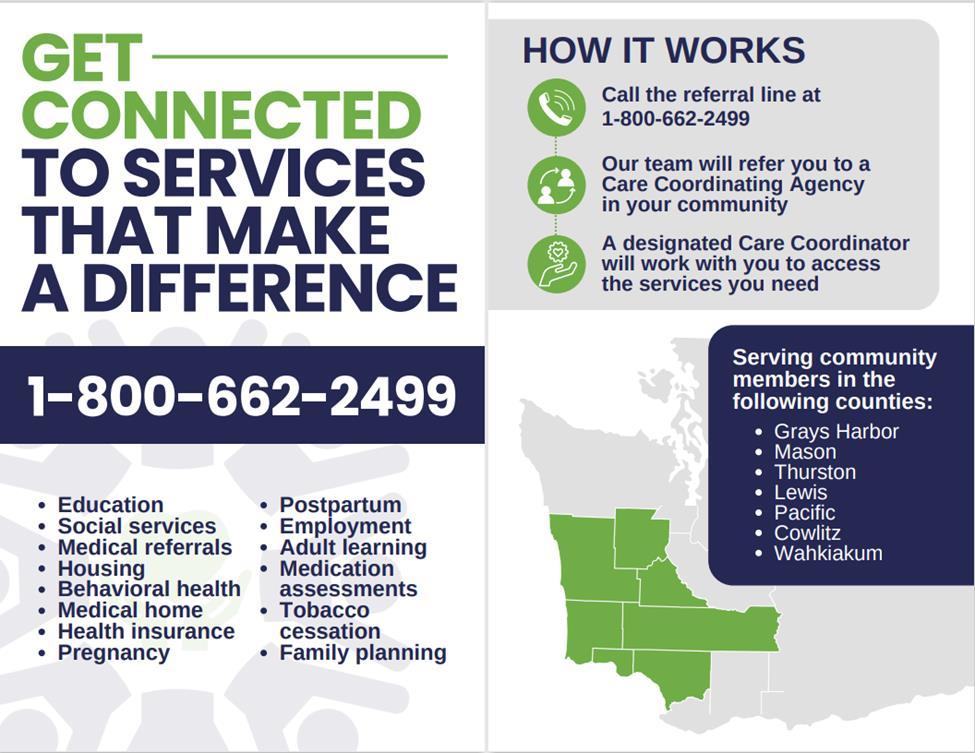
3 minute read
TRIO Newsletter- Week 5
Are you graduating?
Graduating from college is a huge accomplishment, yet students can experience a mix of emotions including dread, relief, pride, excitement, and fear. Feeling conflicting emotions about graduation is very common. You are not alone! Transitions are a part of life and there are things you can do to help you embrace change.
1) Gather information. Gathering information helps us make choices that meet our needs and helps to de-mystify some of the fear around the unknown. You can’t make a good decision or plan if you don’t have enough information. Without enough information we tend to base our choices on the amount of pressure we are under or from a position of fear.
2) Create a plan. Graduating from college is a transition that can be disruptive. Hold on to those parts of your life which provide comfort and security while you make the transition. When we feel safe, we can accomplish the task of transition more productively. Use this time to create a temporary plan post-graduation if you aren’t sure what you want to do next.
3) Give yourself enough time. When our lives are changing, it takes time to reorient our feelings to the new reality. Although we may feel uncomfortable during a transition, we need to give ourselves time to reflect, asking ourselves, “What did I learn from this experience? “What learning do I want to take into my new experience?” This will help us to reorient our new lives and not just perpetuate the old ways. We’ll also be better at recognizing the new opportunities that will be available to us.
4) Tolerate the discomfort. Transitions can introduce confusion and disorientation into our lives even positive transitions like graduation. Expect to experience times of anxiety and insecurity as a natural part of the change process. Create a routine that works for you and provides some structure, some constants. Keep a journal to give you an emotional outlet during this time. Recognize that change is transition is temporary and represents the doorway to new experiences.
5) Find the support you need. Talk to friends who will help you to explore your own feelings to find the truth from your own inner resources. See a therapist to help guide you through the process in a safe and encouraging setting. Access resources available to you through the college or your workplace, considering attending a support group or forming one with friends who may be going through a similar transition.
6) Take care of yourself. A time of transition can introduce stress into your life. You may feel depressed, anxious or you may not feel like doing the normal, healthy activities you used to do. Do something for yourself every day that you find comforting and pleasurable. Be kind to yourself, eat well, get enough sleep, exercise daily, even a 20-minute walk can make a difference in your stress level. Actively practice being your best supportive self to you while you create the next in the big adventure!
We have compiled a list of available resources to help you navigate this period of transition.
Pathways Program
Connect to a case manager that will assist you in getting access to local services.

Academic and Career advising (ACA) continues to support alumni with career and graduate school exploration and preparation. To make an appointment visit https://www.evergreen.edu/advising
Employment. Interested in working for the state of WA? Check out https://www.careers.wa.gov/ to learn more and apply for upcoming opportunities.




